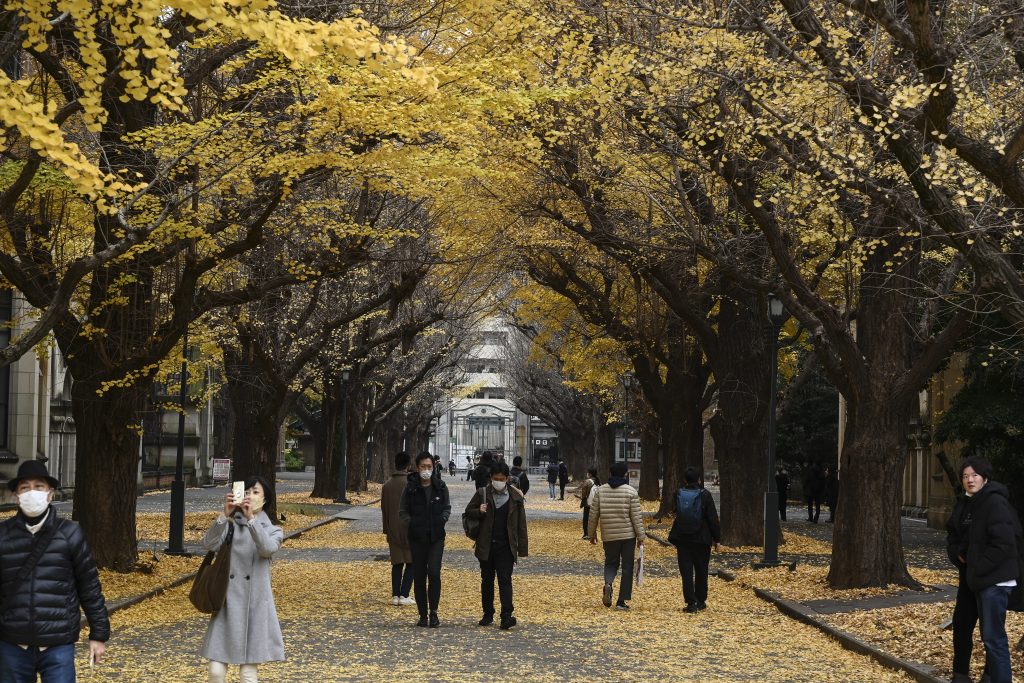
- ARAB NEWS
- 11 Jul 2025

TOKYO: Efforts to encourage female students to take university science courses are picking up pace in Japan, including the setting of quotas for women in entrance examinations and the creation of new engineering faculties at women’s schools.
The government plans to strengthen support for such initiatives.
Cram school officials, however, emphasize that it is also important to show female students specific career track prospects after university graduation.
Tokyo Institute of Technology has decided to set aside a quota for female students, beginning in entrance exams for students to be enrolled in April 2024. “Japan is two to three laps behind Europe and the United States,” Kazuya Masu, president of the institute, known as Tokyo Tech, told a news conference in November last year.
According to a 2019 survey by the Organization for Economic Cooperation and Development, only 7 pct of female university students in Japan major in science and engineering, the smallest share among the member economies. At Tokyo Tech, women account for only about 13 pct of all students in bachelor’s programs.
Schools such as Nagoya University, Shimane University and University of Toyama have also introduced quotas for female students. An increasing number of universities support women’s advance to science courses by offering scholarships equivalent to admission fees.
In April last year, Nara Women’s University became the first women’s university in Japan to establish a faculty of engineering. Ochanomizu University in Tokyo, another women’s school, is also preparing to open an engineering faculty, in April 2024.
In May last year, the government’s Council for the Creation of Future Education, chaired by Prime Minister KISHIDA Fumio, proposed boosting public support for universities and other institutions working to secure female students in science and engineering fields, including by providing grants to cover administrative expenses. The government earmarked related expenses in the draft budget for fiscal 2023, which starts in April.
The panel also underscored the need for efforts to create social momentum for encouraging female high school students to choose science majors. At a news conference, then education minister Shinsuke Suematsu referred to an estimate that there would be a shortage of up to 790,000 people in Japan’s information technology field in 2030.
Noting that graduates from science and engineering departments are in demand in industry, irrespective of their gender, Suematsu called on parents to break with the stereotype that women should pursue liberal arts.
According to data compiled by major cram school operator Kawaijuku Educational Institution, among students seeking to enter universities this spring, the number of women who aim to study humanities at coveted national universities has decreased from the previous year, while that of women who want to study science has increased.
After analyzing likely factors behind the growth, Osamu Kondo, a senior researcher at the institution, based in the central Japan city of Nagoya, said the increase in hours spent at home due to the COVID-19 pandemic has given students more time to think about their futures, prompting them to access a wide range of information.
Kondo expects the trend of women aiming for university science courses to continue, helped by a range of initiatives from universities and the government.
But he also expressed concern, saying, “Efforts to help admission to universities have become more active, but there is no clear outlook beyond that (process).”
“If specific career paths after graduation from university are not presented, (current efforts) may end up having only short-term results,” Kondo said, urging related ministries and agencies to work in concert.
JIJI Press